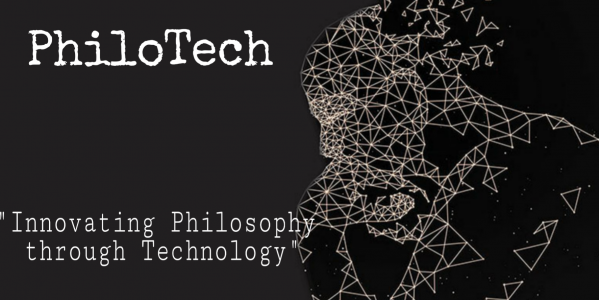After so many generations, giving school requirements has been a tradition. Assignments are given to the students for them to advance read their lessons, so that they already know the topics that will be discussed on the next day. To be honest, this tradition has a good purpose and is helpful for the students. But…
Petition (Let the Students Have Fun and Don’t Waste Their Youth By Giving Too Much Requirements)
Good Day/ Night Ma’am or Sir! There is no doubt that going to school is one of the road to success. But what if the students are already being suppressed to live a happy life and celebrate their youthfulness? We all know that as a student, we have so many responsibilities to do. We have home works,…
Humanism
Introduction Humanism is a broad category of ethical, metaphysical, epistemological and politicalphilosophies in which human interests, values and dignity predominate. It has an ultimate faith in humankind, believes that human beings possess the power or potentiality of solving their own problems, through reliance primarily upon reason and scientific method applied with courage and vision. Rather than being a specific doctrine on its own, Humanism is more a general life stance or attitude that upholds human reason, ethics…
Agnosticism
Agnosticism, (from Greek agnōstos, “unknowable”), strictly speaking, the doctrine that humans cannot know of the existence of anything beyond the phenomena of their experience. The term has come to be equated in popular parlance with skepticism about religious questions in general and in particular with the rejection of traditional Christian beliefs under the impact of modern scientific thought….
Intersubjectivity
Intersubjectivity: Introduction to the Philosophy of the Human Person Introduction We all live in the world surrounded by different people with different background and personality. Relating with others and settling our differences is not always an easy task but it’s a task that we have to embrace since we all desire to live peacefully in…
Origin of States
Social Contract Theory Social contract theory is a political philosophy that questions the origins of society, and the legitimacy of governmental control over individual people. It is an argument that all men have an obligation to “do unto others as you would have them do unto you.” 1.Rousseau Social Contract Theory Rousseau begins The Social…
Jean Paul Sartre
WHO IS JEAN PAUL SARTRE? The philosophical career of Jean Paul Sartre (1905-1980) focuses, in its first phase, upon the construction of a philosophy of existence known as existentialism. Sartre’s early works are characterized by a development of classic phenomenology, but his reflection diverges from Husserl’s on methodology, the conception of the self, and an…
St. Thomas Aquinas Conception of Freedom
Aquinas and the Freedom of the Will In examining human activity, one immediately supposes that people are capable of making free choices. Upon introspection, we become aware that in particular situations that we might not have acted as we in fact did or that we might not have acted at all. This contingency which we…
Aristotle’s Conception of Freedom
Freedom. It’s not something you can physically hold or see as any one thing. Freedom is a concept. We are bound by our morality, we know what is right or wrong, or at least we learn what our society deems to be right or wrong, but other than that, we have the ability to set…
Martin Heidegger’s Conception of Freedom
Martin Heidegger’s Concept of Freedom was – Question of Being Da Sein – life, being there, makes us experience what life is all about Opposite of da sein is – state of nothingness 1. We are totally free 2. We are responsible for creating our own mortality 3. We must define our essence 4. We…
